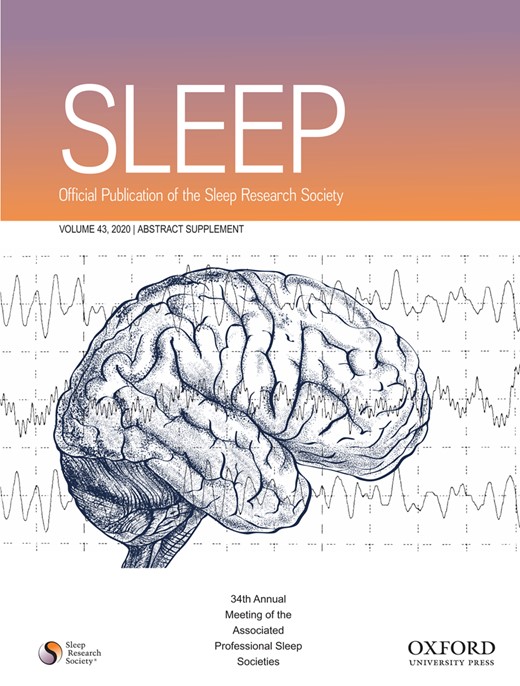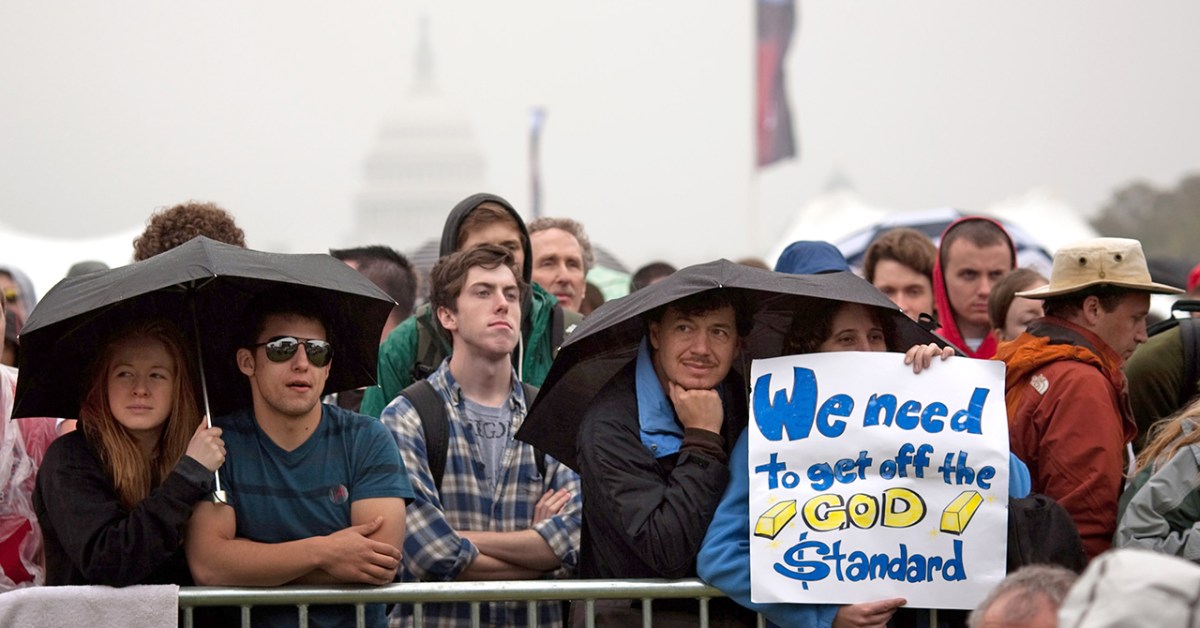So does poor sleep lead to religiousness, or does religiousness lead to poor sleep?

 academic.oup.com
---
academic.oup.com
---
Religious affiliation was associated with sleep duration, but not in the predicted direction. Atheists/Agnostics (73%) were significantly more likely to report meeting consensus sleep duration guidelines than religiously-affiliated individuals (65%), p<.05.
---

0193 Sleep Health Across Religions: A Consideration of Bidirectional Processes
AbstractIntroduction. The psychology of religion literature indicates that religious engagement is beneficial to physical and mental health. Such effects might
Religious affiliation was associated with sleep duration, but not in the predicted direction. Atheists/Agnostics (73%) were significantly more likely to report meeting consensus sleep duration guidelines than religiously-affiliated individuals (65%), p<.05.
---

